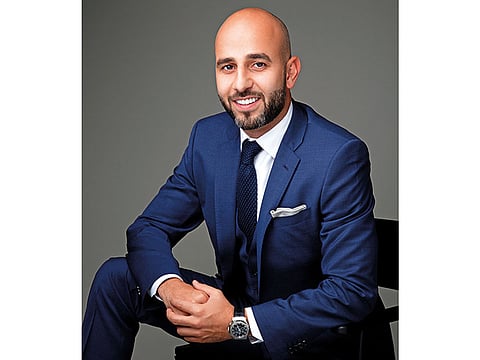How to save energy on a day-to-day basis
Follow this set of simple tips and make small lifestyle changes

Dubai: Dubai has one of the world’s highest carbon footprints per head, according to Dubai Electricity & Water Authority. But the idea of living without air conditioning (AC) in summer is unbearable. Improving energy efficiency isn’t difficult. Follow one simple tip, then move on to another. As a minimum money-saving exercise, you should change your central AC filter every three months—once a month if your system runs continuously. A dirty filter could add up to 15 per cent to your bill and shorten the system’s lifespan.
A programmable/smart thermostat can save thousands on your annual AC bill by automatically raising the temperature when you’re at work or away from home. Phone-controllable “smart” thermostats make programming even simpler. Installation costs can be recovered quickly. Alternatively, turn the AC off when you’re out.
Bright sunlight is your AC system’s nemesis. Keep your home cool by closing blinds and buying black-out curtains. You could also install window coverings that could decrease heat gain by 25-33 per cent.
Hot water can contribute up to 17 per cent of your household energy bill. Most people keep hot water much hotter than necessary. Lowering the temperature to 40C will cut your energy bill, and you probably won’t even notice the difference. Cooler showers in summer don’t just mean less energy—they feel more refreshing, too. Electronic devices use energy when plugged in but not in use - so unplug anything not needed. Fit LED lights where possible - they use less energy, produce less heat and last longer than conventional bulbs. Aerating your faucets, investing in a low-flow toilet, choosing efficient shower heads, and opting for a ‘Water Sense’ rated dishwasher and washing machine can add up to big water savings. Ask a plumber to do leak detection every quarter, or bi-annually.
Download DEWA’s Smart App and analyse utility consumption. You can also get your neighbourhood consumption ratio. This will help monitor consumption and assist in finding solutions to save utilities.
How energy efficient your home will be is completely up to you. The best place to start is by understanding how much energy you use each day (and when), as well as which energy saving actions will have the biggest impact on your home.
- The writer is the CEO of Kaizen Asset Management Services


